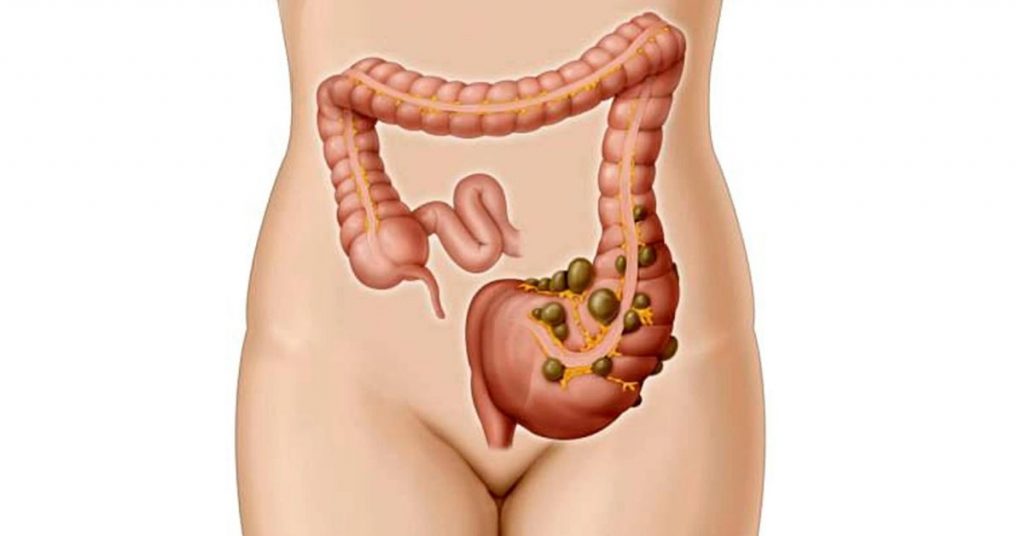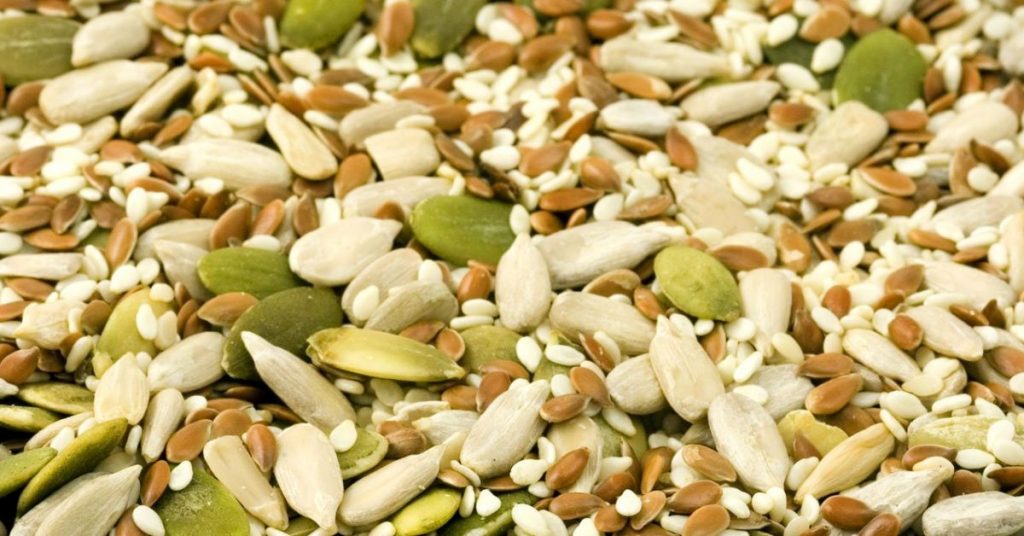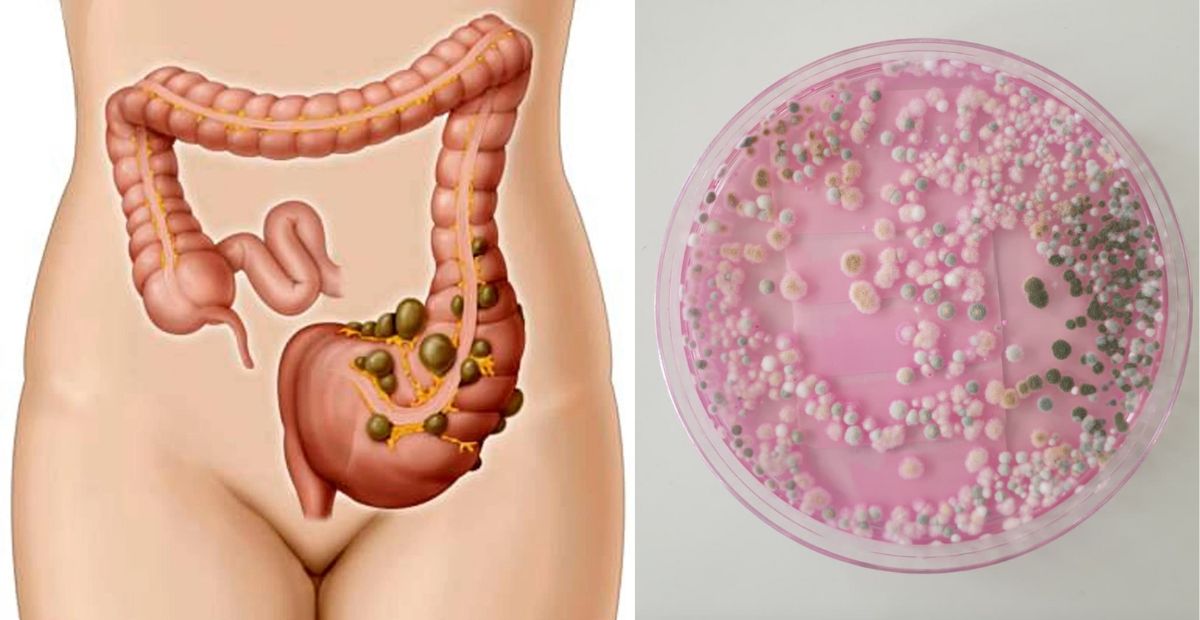
Diverticulosis is a condition that affects the large intestine. The condition is characterized by the formation of small sacs, or pouches, in the lining of the intestine. These pouches can become inflamed or infected, and may bleed.
The most common symptom of diverticulosis is abdominal pain. Other symptoms include constipation, diarrhea, and bleeding from the rectum.
Diverticulosis is most common in people over the age of 50. The condition is more common in men than women. African Americans are also at increased risk for developing diverticulosis.
There is no cure for diverticulosis. However, the condition can be managed with a healthy diet and lifestyle.
Certain foods should be avoided if you have diverticulosis. therefore, we gathered a list of 10 diverticulosis foods to avoid.
1. Seeds

Seeds are a common culprit in causing diverticulitis flare-ups. The tiny seeds can get lodged in the pouches and cause inflammation. Avoid eating foods that contain seeds, such as berries, tomatoes, and cucumbers. If you can’t avoid seeds altogether, make sure to remove them before eating.

